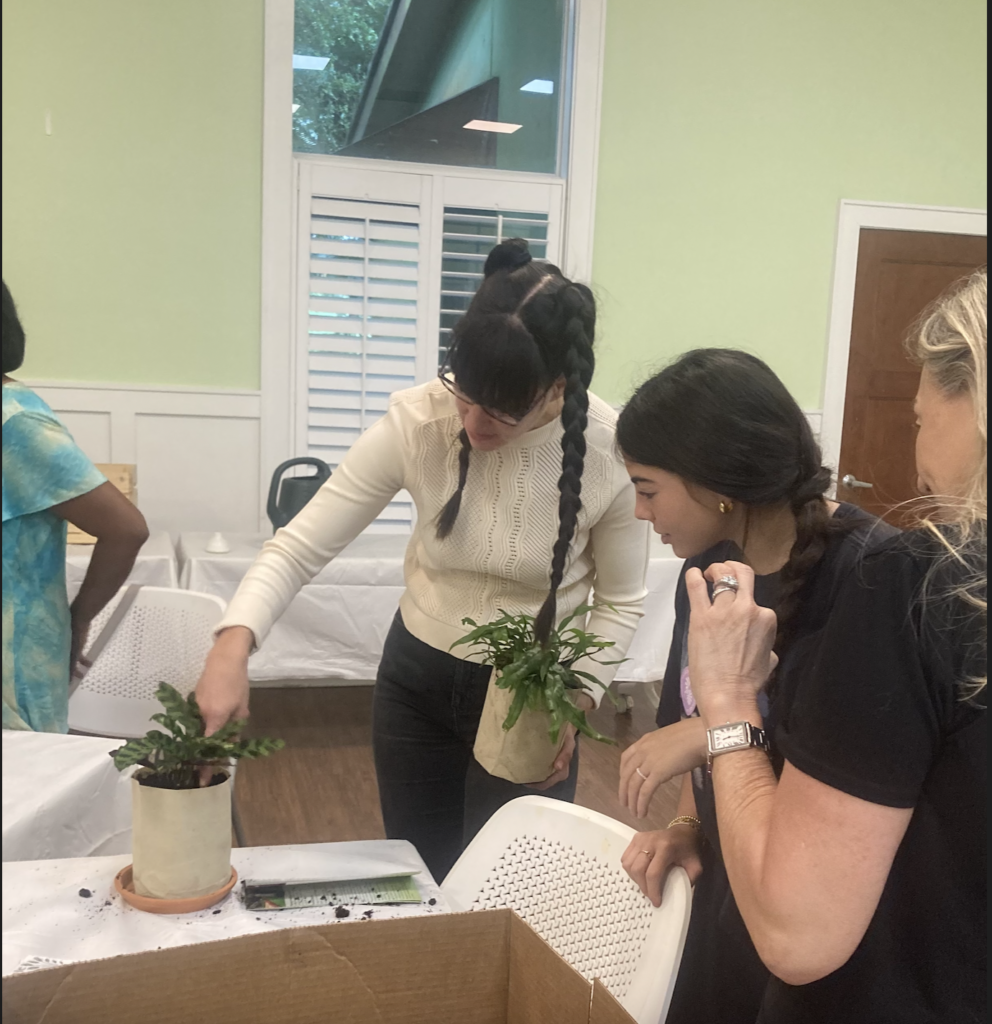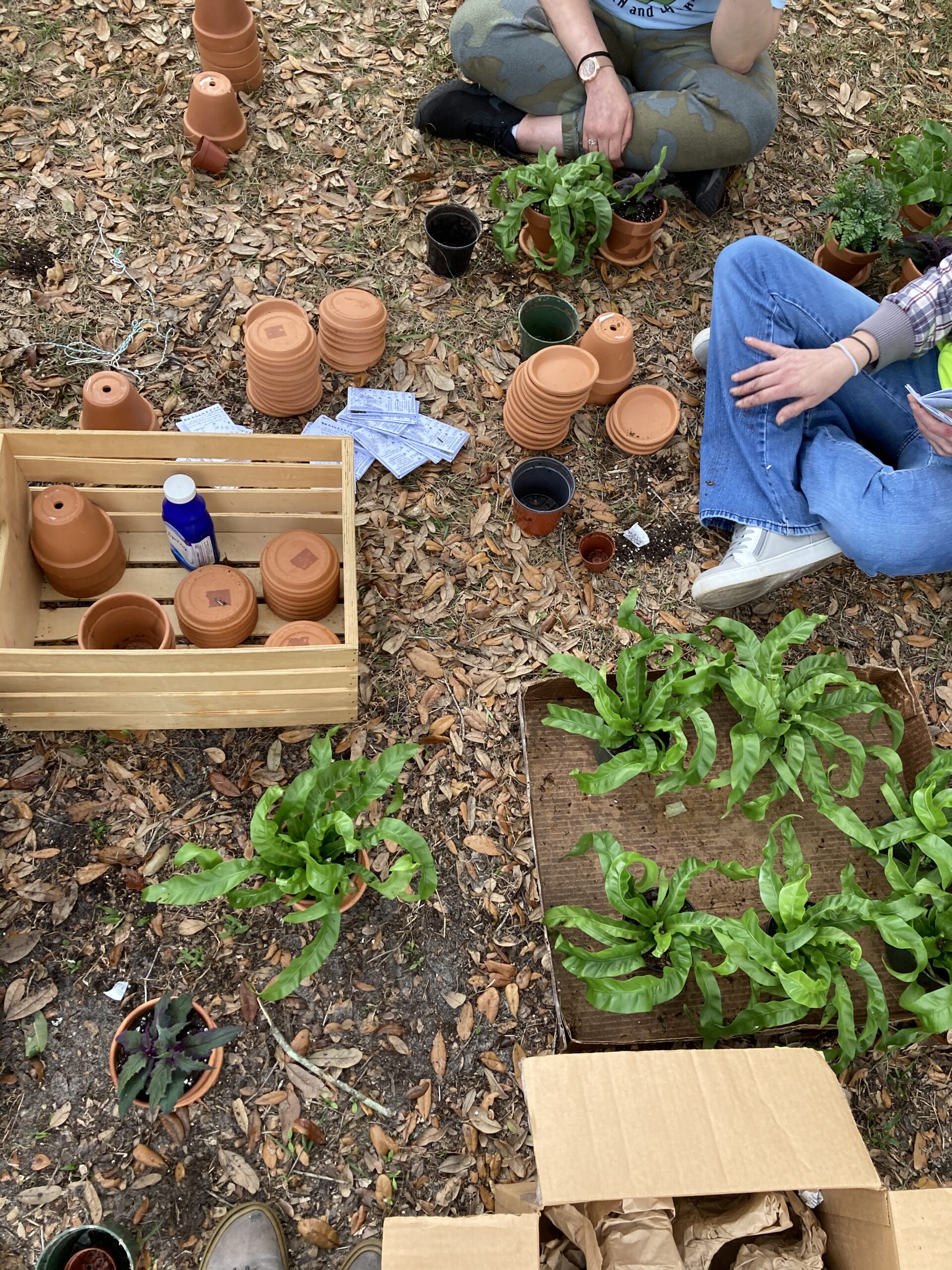- Therapeutic Horticulture supports clients in living healthier lives by:
- Aid in regaining life balance.
- Grow self kindness.
- Build confidence.
- Cultivate self efficacy.
- Develop self soothing techniques.
- Gain coping strategies for stressors while receiving clinical treatment and life beyond clinical care.
- Build feelings of self worth .
- A renewed outlook and interest for the present and future.
- Restorative experiences have a special connection to natural environments and important means of reducing mental fatigue and stress.
- Connection to natural beings such as plants, provide the deeply needed restorative experiences that play an essential role in human functioning (Adapted from: The Restorative Environment: Nature and the Human Experience).
- Horticultural therapy and therapeutic horticulture reaches the physical, cognitive, emotional, and spiritual aspects of the human body and mind.
- Studies have shown that even the slightest interaction with nature on a daily basis can increase oxytocin, provide restoration(energy), and lower stress levels.
- Adding a therapeutic horticulture option to your clinical environment provides the opportunity for therapeutic outlets that offer a change of pace from the clinical treatment environment.

Research results published in the Journal of Environmental Research and Public Health from a mix-method evaluation study conducted in 2020 on HT for people with mental illness showed:
Therapeutic Horticulture is effective in increasing mental well being, engagement, and the sense of meaningfulness and accomplishment of participants (Siu, et.al, 2020).

Passive and active interaction! Benefits for all involved! All who come in contact with healing gardens or plants will benefit from the interaction with nature, green spaces, and plants. This includes all clinical staff, visitors, and residential clients who aren’t directly receiving therapeutic horticulture.
The separation of humans from the natural world is a narrative that limits human health and has grave consequences for the well-being of each individual who is disconnected and the overall health of the planet. Horticultural therapy implicitly addresses this separation from our true human nature (Jay Stone Rice, PhD LMFT, 2019).